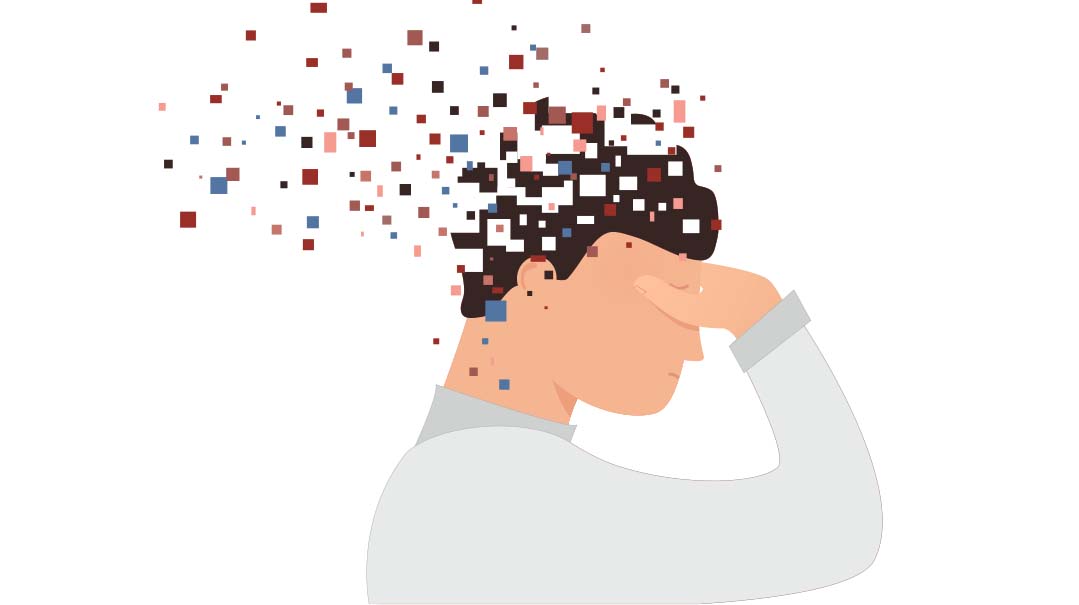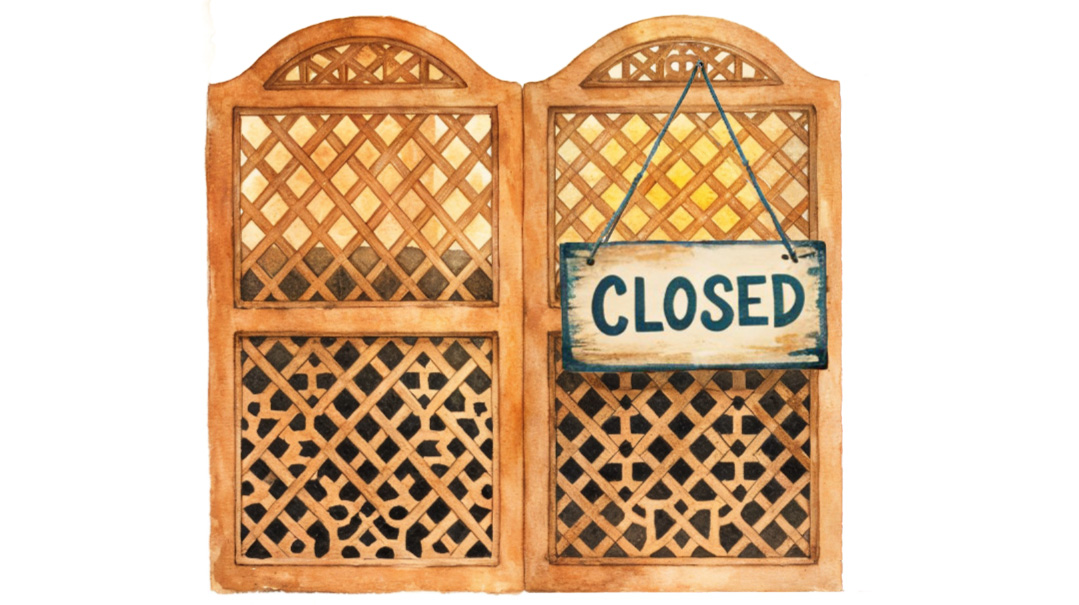Hero at the Dentist

You watch your fellow sufferers, and pick up snippets of conversation not meant for your ears

I love going to the dentist.
Okay, maybe I don’t enjoy the visit itself, but when I step outside with a bloated face, skewed lips, and zero sensation in my mouth, I cherish the relief that I don’t have to step foot into that office for a very long time.
This time, though, I wasn’t that lucky. I had to go back for more work.
Several times.
So there I was, and to add pain to agony, the waiting room was so full, I had to say my Tehillim standing.
I didn’t have an appointment. (Who willingly schedules these kind of visits, right? You wait for the morning when you wake up in such unbearable pain, you call and say, “Yes, I’ll do standby, just open the door already.”)
What do you do when you stand by? You say Tehillim, but when you reach a point where you can make a Tehillim siyum, you just stand by — and watch. You watch your fellow sufferers, and pick up snippets of conversation not meant for your ears.
A lot of the conversation revolved around the frustrating wait. Ideas are tossed around, a better system for this craziness, and why can’t they at least provide enough chairs?
The crowd was starting to thin and several seats finally vacated when a man and a woman entered. The guy was a lot younger than the woman, maybe even young enough to be her son? The woman signed them in and they settled into two chairs right next to me.
I said another kapittel Tehillim. The woman took out a water bottle and offered it to her companion. “Do you want to drink, Yanky?” she asked.
He took the bottle but just held it in his hands.
He leaned over to the woman, asked a question.
“Soon, Yanky. Soon they’ll call our name, the dentist will see us, and then we’ll go home. Okay?”
Something was strange. She spoke in a soft singsong, the kind of tone you use when talking to a child. I glanced at the man. He looked completely ordinary. Crisp white shirt, black pants, neat beard. But there was something else, something you couldn’t miss.
A vacancy in his eyes. Fear.
On the spectrum, I assumed sadly.
A few minutes passed. The man said a few words, and the woman repeated, “Soon, Yanky. Soon they’ll call our name, the dentist will see us, and then we’ll go home. Okay?”
She took the water bottle from his hands. “Here, let me take that. It’s too cold to hold, right?”
A few minutes later, the scene repeated itself. He asked very quietly, and she repeated the answer in the same tone of voice, with the same patience.
The woman started chatting with me, only to be interrupted again. Same question, same answer, and then she turned back to me. “In case you’re wondering about these exchanges, my husband has Alzheimer’s.”
Husband — this was her husband — and he had Alzheimer’s.
The woman offered a worn smile. I didn’t know what to say, but she easily started a conversation and welcomed my questions.
He’d been diagnosed at 47. He was 54 now. She was only 47 now, seven years his junior, although I’d assumed he was in his mid-thirties and she was his mother.
I couldn’t process what she was telling me. The man looked like your classic balabos. He had the appearance of a successful man, confident, personable. Smart. And he probably used to be.
“I once read a book on this topic,” I told her. “A woman diagnosed with early-onset Alzheimer’s disease. It’s… I have no words.”
She waved her hand dismissively. “That book? It doesn’t do justice to… this.” She gestured at the guy — her husband. “It’s fiction. It doesn’t touch the tip of the iceberg of what this disease is like. Nobody can understand what it’s like to live with this.”
I couldn’t understand, and as we continued to wait for our names to be called — “Soon, Yanky. Soon they’ll call our name, the dentist will see us, and then we’ll go home. Okay?” — she shared a tiny bit of what it’s like to live with a spouse whose mind had been arrested by this horrible, horrible disease.
My name was called before Yanky’s. I entered the lion’s den, subjected my mouth to that ruthless drill. By the time I stepped out, Yanky and his wife were no longer there.
I wanted to wait for them. I wanted to tell the woman something, a thought that had crystallized in my mind while the Lidocaine kicked in. As I left the office, cupping my distorted mouth, I regretted the missed opportunity to offer a few words of solace, some humble praise.
“You’re right,” I wanted to tell her. “Your story isn’t the same as the characters in that book.” Because at the end of that story, the spouse abandons his wife, leaving her under fine medical care, but making a new life for himself.
“And you, you live with this man. Your husband. This human being whose mind has been ripped from his body. You love him and care for him. You value him and protect him. And even if there are days when it’s just too much, when you feel crippled by the permanence of this heart-wrenching reality, your respect for him is unconditional, your loyalty never wavers.
“You are a hero.”
(Originally featured in Family First, Issue 781)
Oops! We could not locate your form.






